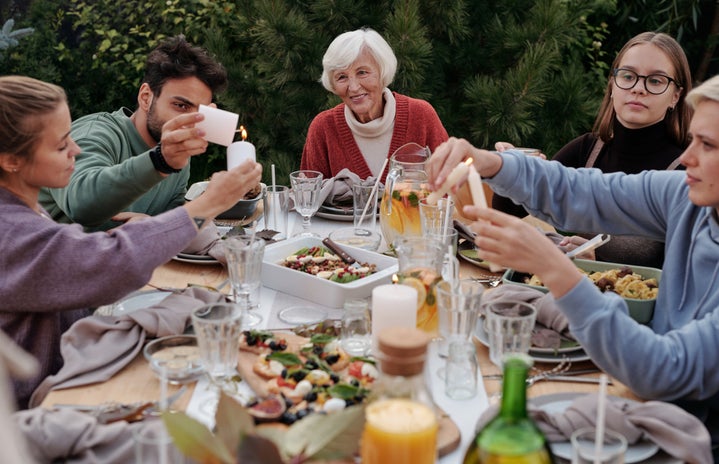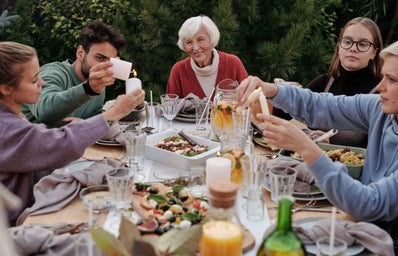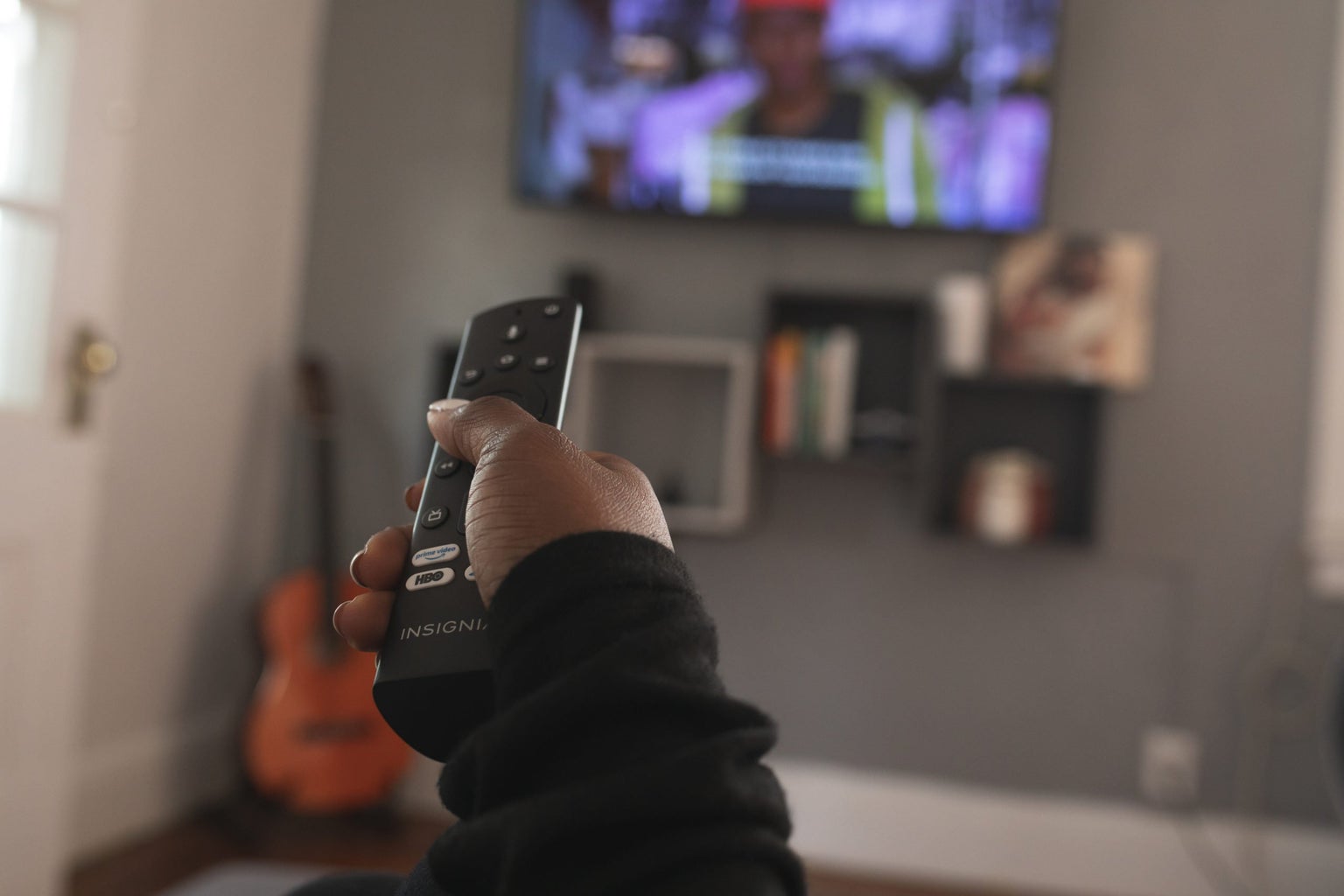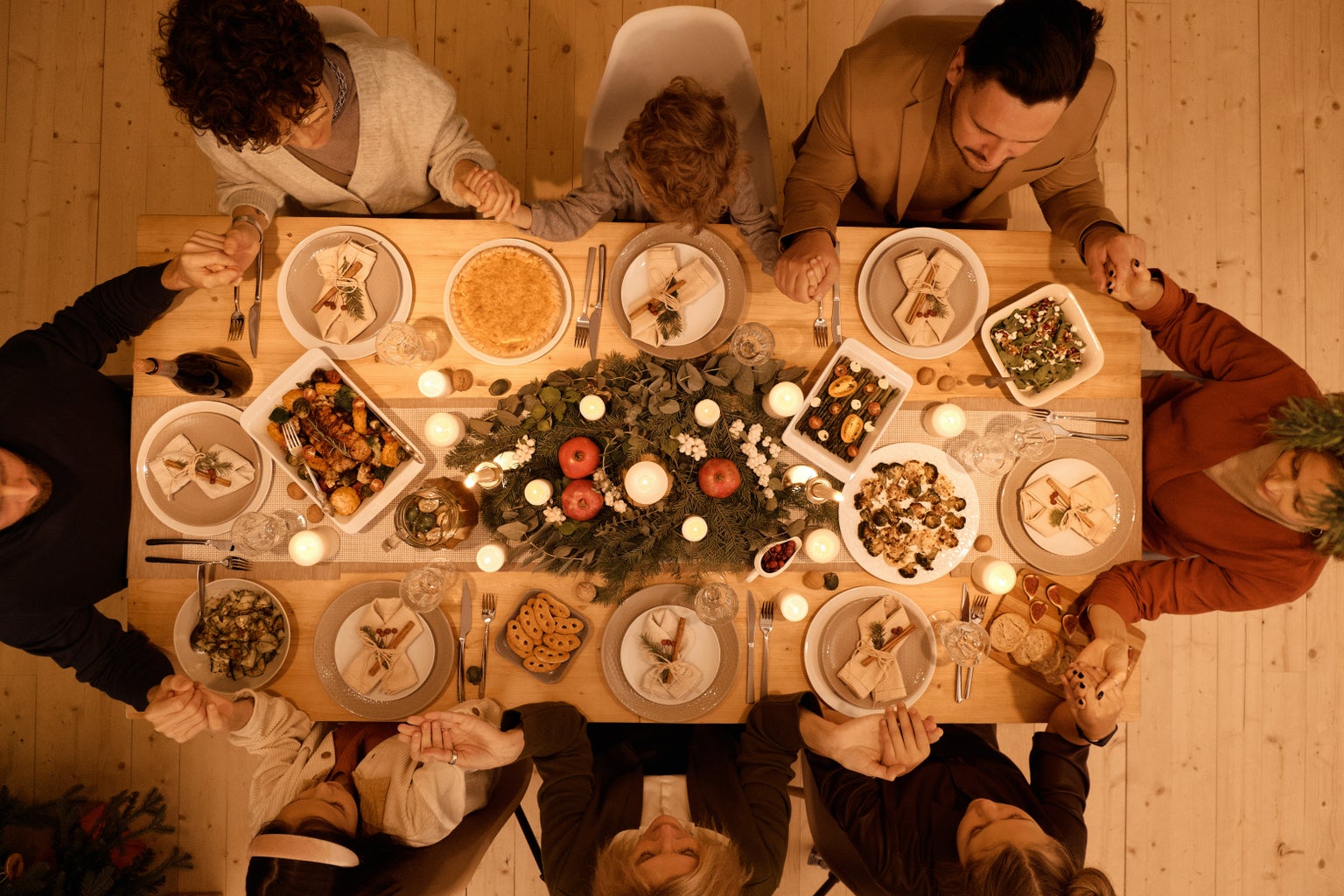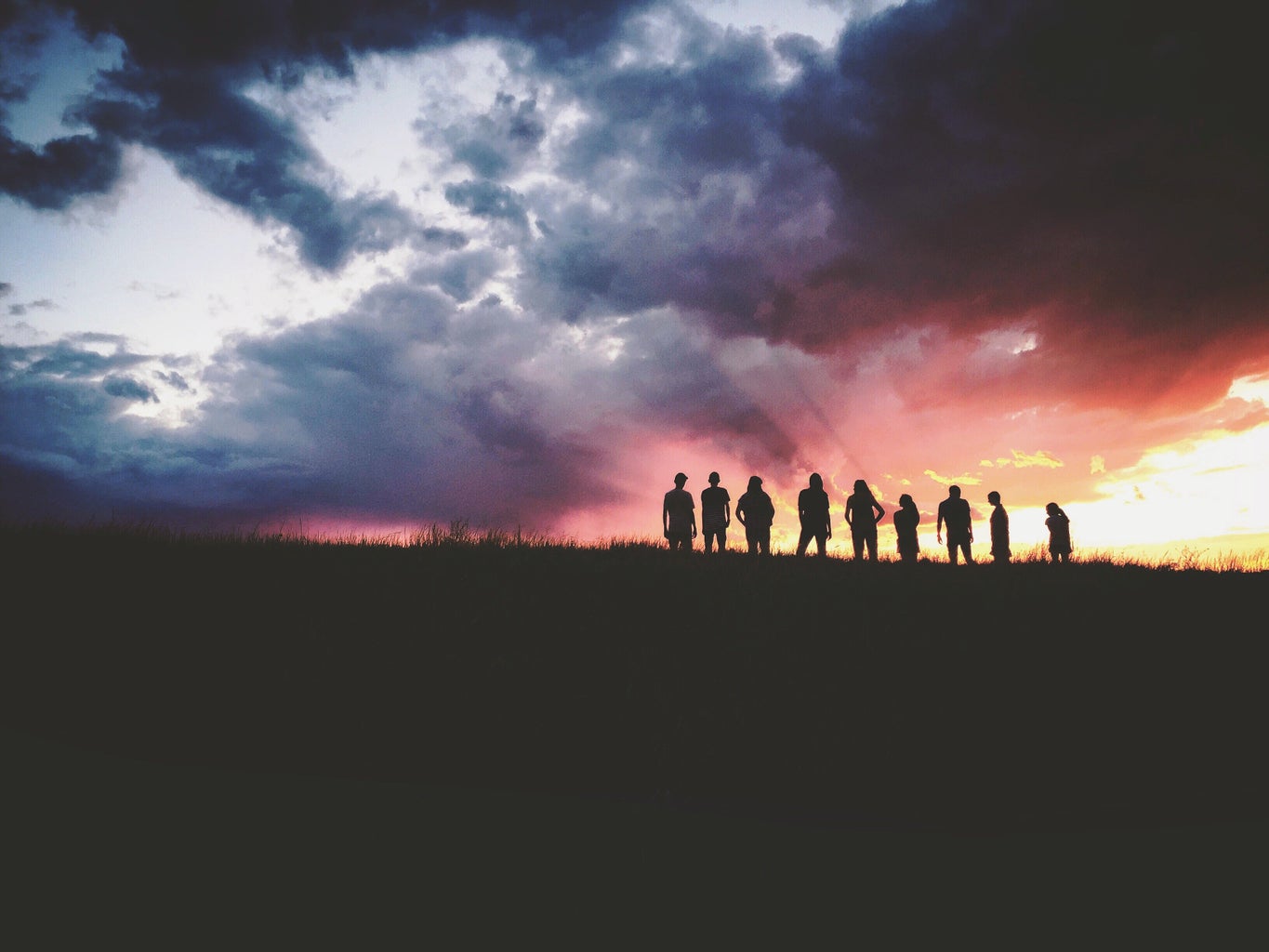*TW: Abuse
Don’t judge, but my curiosity got the best of me the other day and I randomly clicked on a Joe Rogan podcast YouTube video. The guest was an actor, Jon Bernthal, who was talking about an interview with Shia LaBeouf that he’d done on his own podcast. LaBeouf is a troubled actor that has been in hot water over several scandals. Recently, LaBeouf was named the defendant in an abuse lawsuit filed by the singer FKA Twigs, his former girlfriend. On the Joe Rogan podcast, Bernthal stated his goal in interviewing LaBeouf was to understand why people commit horrific atrocities like LaBeouf’s. He notes that there isn’t enough information on the pre-emptive actions that society can take to stop situations like LaBeouf’s from happening.
The interview reminded me of one of LaBeouf’s movies, Honey Boy. LaBeouf plays his own father in Honey Boy and based the plot on his own life. Through LaBeouf’s portrayal of his abusive father, the film suggests that there is a link between child abuse and the actions of the abused individual in adulthood.
Although LaBeouf’s experiences vastly differ from the comedian Jerrod Carmichael, I immediately thought of his HBO comedy confessional, Jerrod Carmichael: Rothaniel. Through Rothaniel, Carmichael tells the story of his family. A family deeply disconnected and attempting to evade truths while simultaneously trying to love each other the best they think they can. F*cked up, but not fatally, so most of their issues can be brushed off.
Sure, the deep, dark, bad things about families like this can be harmful. Upon closer inspection, the toll the dynamics take on individual members’ lives is deeply palpable. Although, you don’t dwell too much. You’re resilient. You’re good at remaining unhealed. These problems aren’t the kind you “can’t bounce back from”/definitely need therapy for. It’s not like you were sexually abused, have a parent with a severe addiction, or experienced intense child neglect. Rothaniel illustrates this type of family well, while Honey Boy is a more intense portrayal of difficult family dynamics.
The beauty of Rothaniel lies in Carmichael’s ability to situate himself as the subject of a real-life case study by outlining the development of a child of a sort of messed up family into their adulthood. Sure, you could hypothesize that family dynamics like the ones depicted in Rothaniel can explain the overabundance of sh*tty adults. But Rothaniel is satisfying because it doesn’t stop at the recognition that Carmichael’s upbringing is what brought him to where he is now. By weaving the influences of American culture, his family, his childhood, and his adulthood together to craft his personal narrative, Carmichael can take some ownership over the trajectory of his life.
He candidly admits that he inherited the ability to act coldly from his mother. Carmichael knew that his whole family would struggle to accept that he was gay, so he hid his sexuality well into his adult life. “That ‘it gets better’ sh*t is for the kids,” Carmichael says, referring to coming out later in the game. Despite the pain they cause him, he understands his family’s disapproval. Obviously, homophobia is wrong. It’s simply touching to see Carmichael’s empathy for his family despite their inability to tolerate a core aspect of his identity. Although his feelings on the matter may be more complex than just being understanding, it’s clear that he sees himself in his family. Carmichael sees many people hurt and disadvantaged by the same generations-spanning algorithms of pain. He sees their imperfections and shortcomings as rooted in their experiences, just as his imperfections are to his experiences.
His hope that his family can change is supported by his own development although he is realistic about the possibility. Carmichael refers to the conditional love many of us often receive as “love with an asterisk.” Coming of age is often accompanied by a struggle to find the unconditional love we’re promised, even in the places you’d expect it to be.
Sometimes I find myself questioning the practice of completely cutting off family. In recent years, there has been a notable cultural shift towards accepting that sometimes, it’s okay to stop talking to your family. Often, love* is the reason someone takes the step to end a relationship. Don’t get me wrong, the reasoning behind a decision to cut off family is usually valid. Sometimes, going no-contact with family is completely necessary. I only fear that the practice leans too much into an arguably harmful form of Western individualism that might be reproducing the conditional love many of us resent. While there is definitely more nuance to the topic, perspectives like Carmichael’s are refreshing in a sea of extremities.
In the interview with Bernthal, LaBeouf seemed to take accountability for the pain he has inflicted on others in his life, most notably Twigs. His vulnerability in the interview reminded me of Carmichael’s in Rothaniel. His honest depiction of his life allowed viewers to understand LaBeouf’s actions without excusing them. LaBeouf described Honey Boy as a “big ‘woe is me’ story about how f*cked my father is.” The regret he expressed over the film’s portrayal of his father indicates that his current approach is to take accountability for his own actions.
Carmichael recognizes his own reflection in his family as much as he sees their differences. As much as your family shapes who you are, there comes a time in your life when you must begin to forge your own path. He determined that although his secret-keeping is a learned skill, the habit was detrimental to him. So, he let it go. Rothaniel is representative of an end to a generational cycle in an incredibly gratifying way. It’s interesting to see that although LaBeouf and Carmichael had contrasting childhood experiences, they both came to similar conclusions to move forward with their lives.
Maybe challenging troubled family bonds is a way to love unconditionally. At least it shows you care. At some point in his set, Carmichael says, “Even hate starts to feel like love because that’s acknowledgement.” Seeing your family for who they are, the good, bad, and everything in between, is a part of loving unconditionally. We are ultimately the only people in control of what we do about how we feel. Whether or not you fulfil the quest to find unconditional love, remember that your path forward is uniquely yours.
